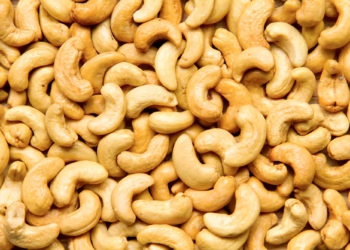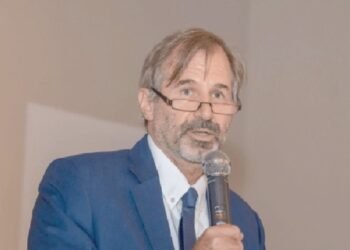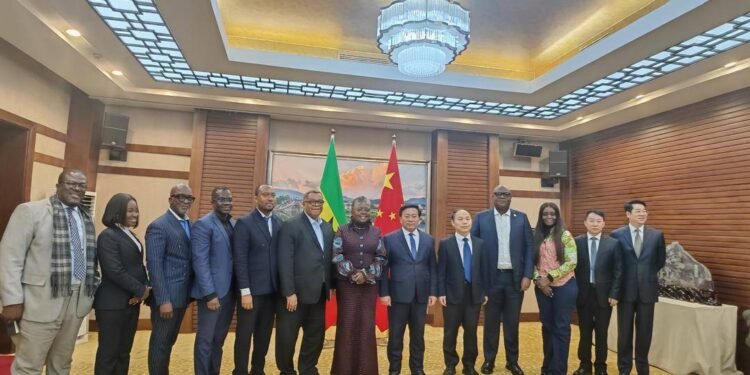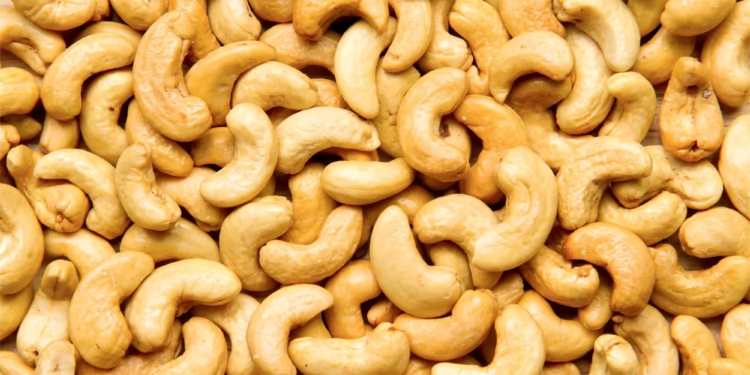Ghana and Ivory Coast, the world’s leading producers of cocoa have said to cancel all cocoa sustainability schemes run by American chocolate manufacturing giant – Hershey – within their jurisdictions, according to reports by Reuters News Agency.
The chocolate-maker is allegedly accused of attempts of avoiding the payment of the Living Income Differential (LID), a $400 per tonne poverty alleviation fee announced by Ghana and Ivory Coast on their produce in 2019 and paid directly to millions of poverty-stricken cocoa producers.
“In a letter addressed to Hershey and seen by Reuters, the Ivorian, and Ghanaian cocoa regulators accuse Hershey of sourcing unusually large volumes of physical cocoa on the ICE futures exchange in order to avoid the premium, known as a living income differential (LID),” the Reuters report said.
In cracking the whip on Hershey’s attempt to undermine the LID policy, “Ivory Coast and Ghana, which produce two-thirds of the world’s cocoa, said they are also barring third party companies from running sustainability schemes in the West African nations on behalf of Hershey.”
The sustainability schemes undertaken by Hershey, including the ViVi School Feeding and Child Labour Monitoring Program in Ghana, certify their cocoa as sustainably sourced, thereby allowing them to market their chocolate as ethical and charge a premium for it. The cancellation of the schemes is expected to prevent Hershey, the makers of Hershey’s chocolate bars and Kit Kat from marketing its produce with the sustainability tag.
Ghana and Ivory Coast cocoa regulators are of the view that, although sustainability schemes may be targeted at poverty alleviation in cocoa communities, they are limited in coverage as not all cocoa farmers benefit. However, the LID which is applied to the farmgate price of cocoa reaches every single cocoa farmer in Ghana and Ivory Coast.
The cocoa superpower duo of Ghana and Ivory Coast paid the LID realized from the sale of their produce on the markets to their farmers in a historic first, wherein Ghana, for instance, the cocoa producer price saw a record 28% hike from GHS515 per 64kg bag to GHS660.
“Hershey said last week it was committed to paying the LID, and that the majority of cocoa it bought would continue to come from West Africa and would include the LID for the 2020-21 crop and beyond.”
The news agency however said, “several market sources said Hershey had recently struck a deal with the ICE exchange to take physical delivery of a large amount of cocoa, allowing it to buy less from Ivory Coast and Ghana and so avoid the premium.”
In October 2019, as chocolate makers dragged their feet at buying Ivorian and Ghanaian cocoa plus the new $400-LID, the duo threatened a total cancellation of all sustainability schemes in a run-up to the World Cocoa Foundation Partnership Meeting in Berlin but backtracked on firm assurances that buyers would comply.
“After very difficult engagement with industry, we have come to a clear understanding that industry now generally supports the living-income differential,” Ghana Cocoa Board Chief Executive Officer Joseph Boahen Aidoo said at a conference in Berlin, which he addressed jointly with Yves Brahima Kone, the managing director of Ivory Coast’s cocoa regulator.
Read also: COCOBOD threatens to suspend Sustainability Schemes of COCOA Companies























